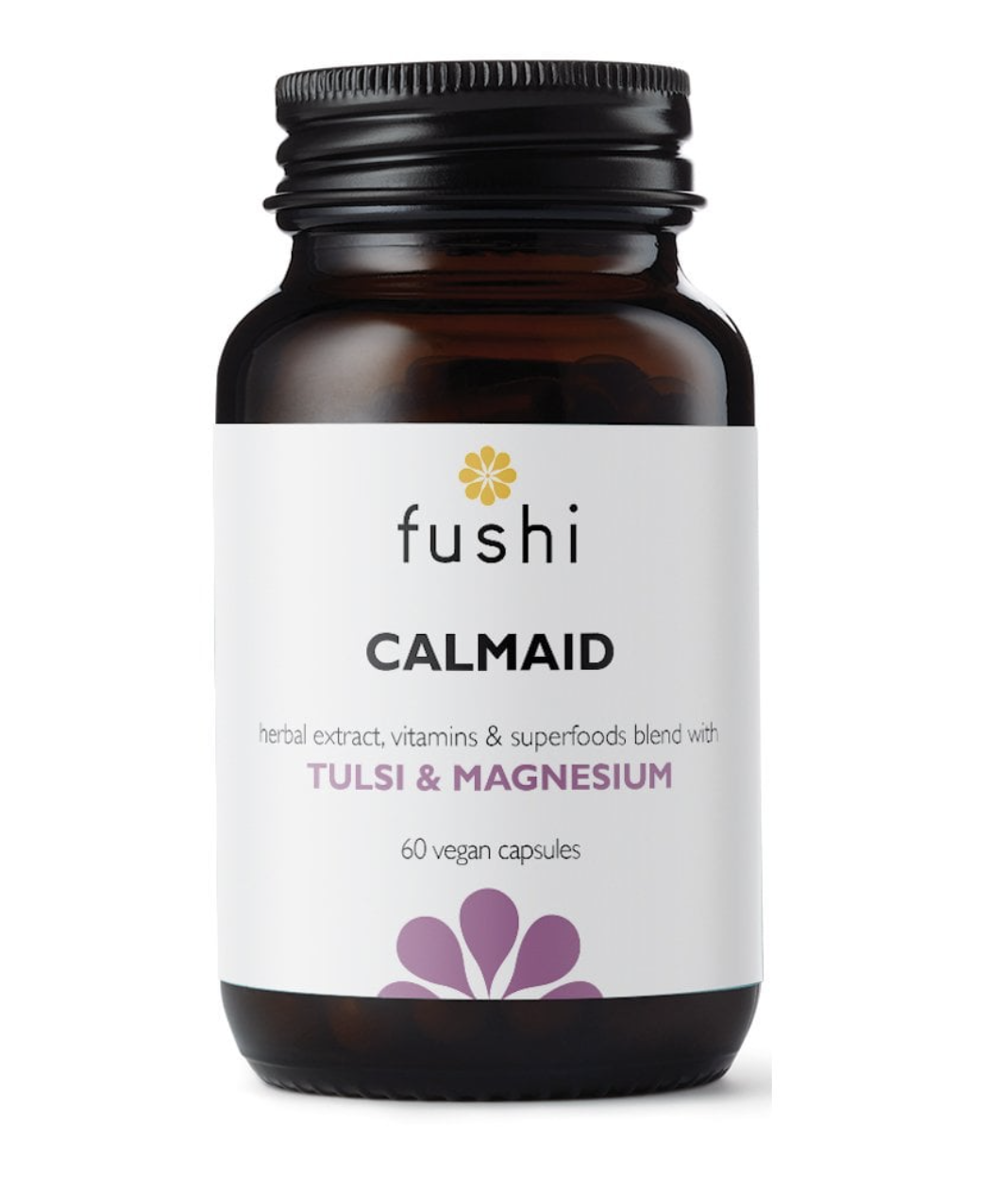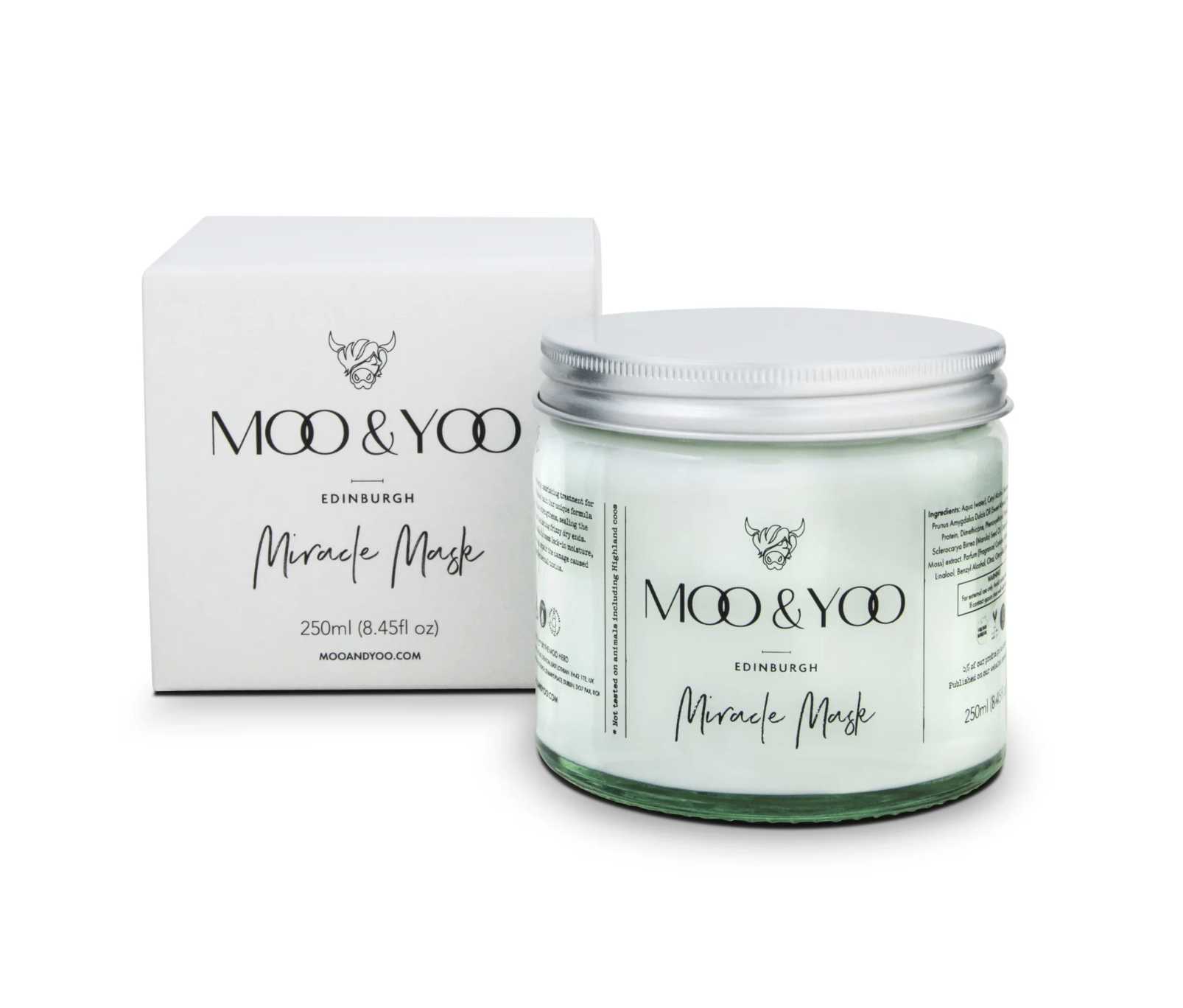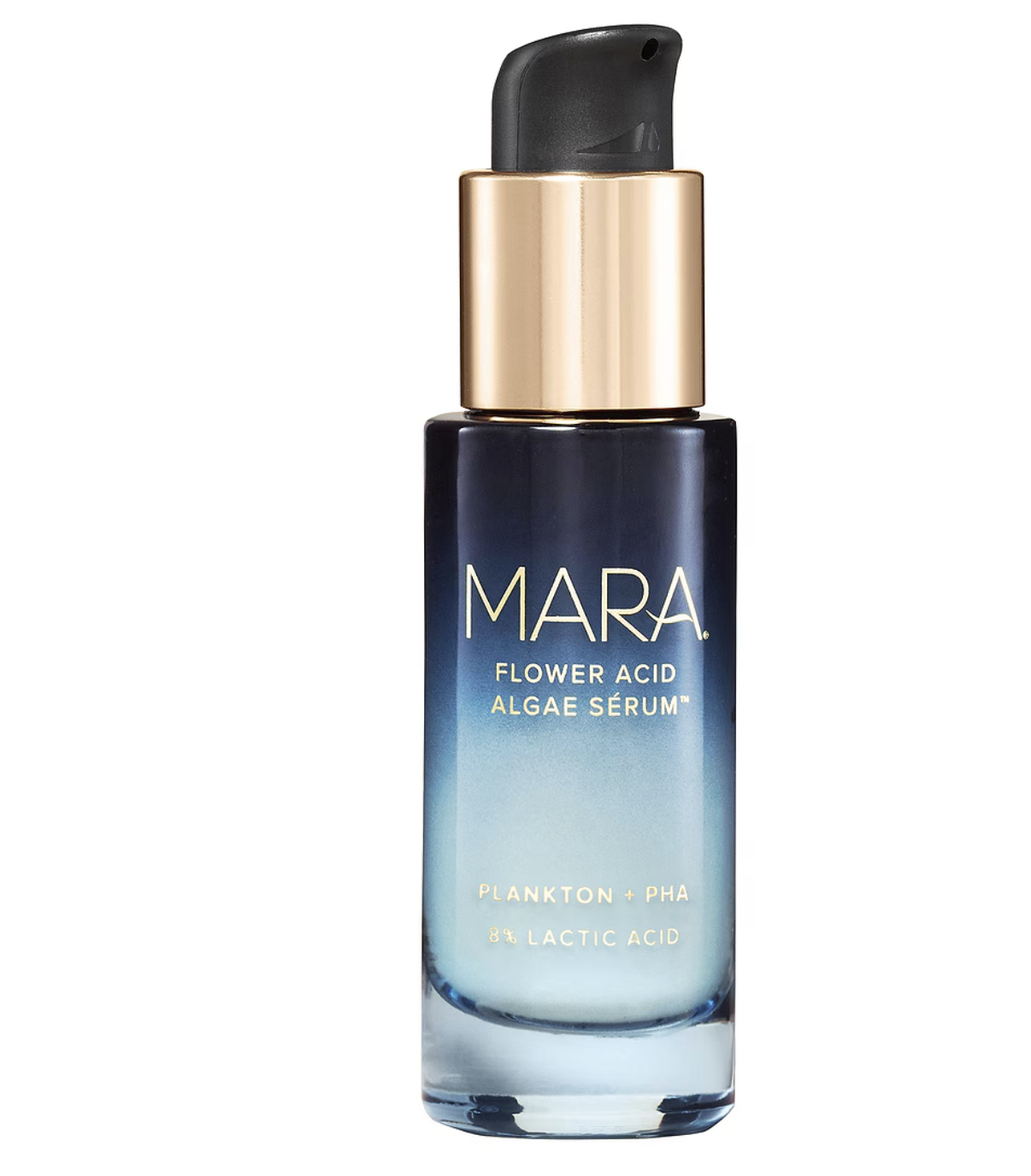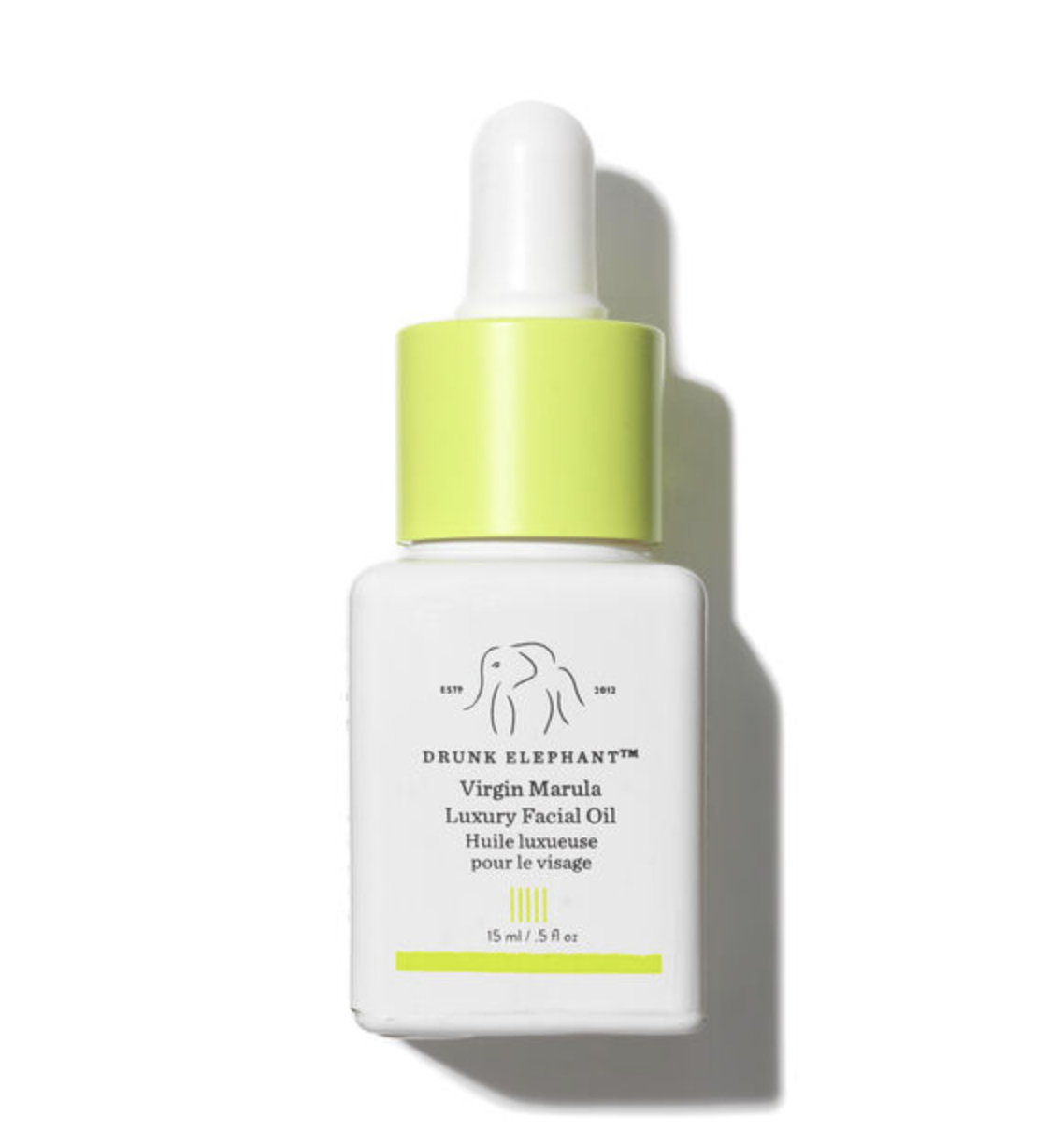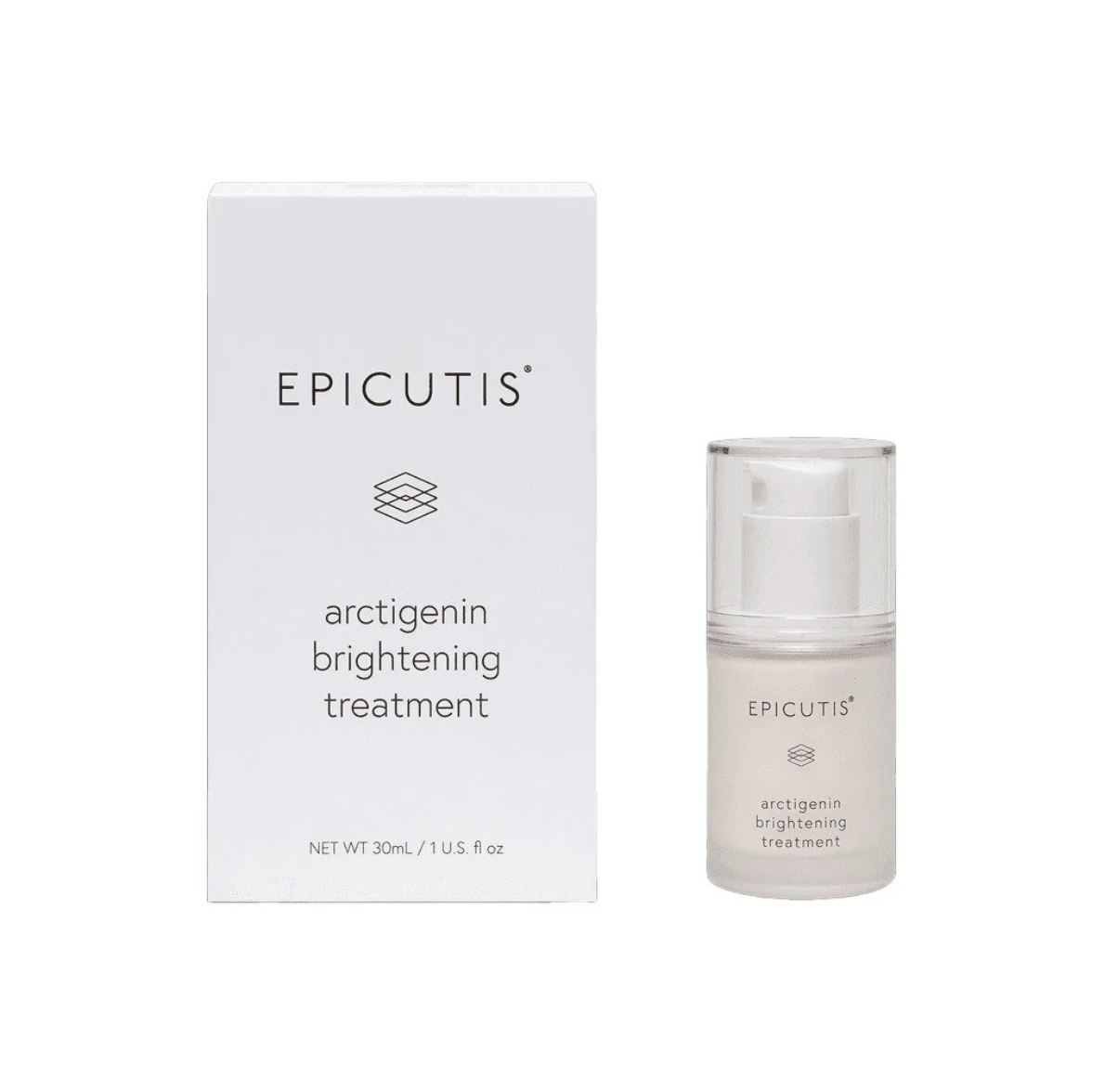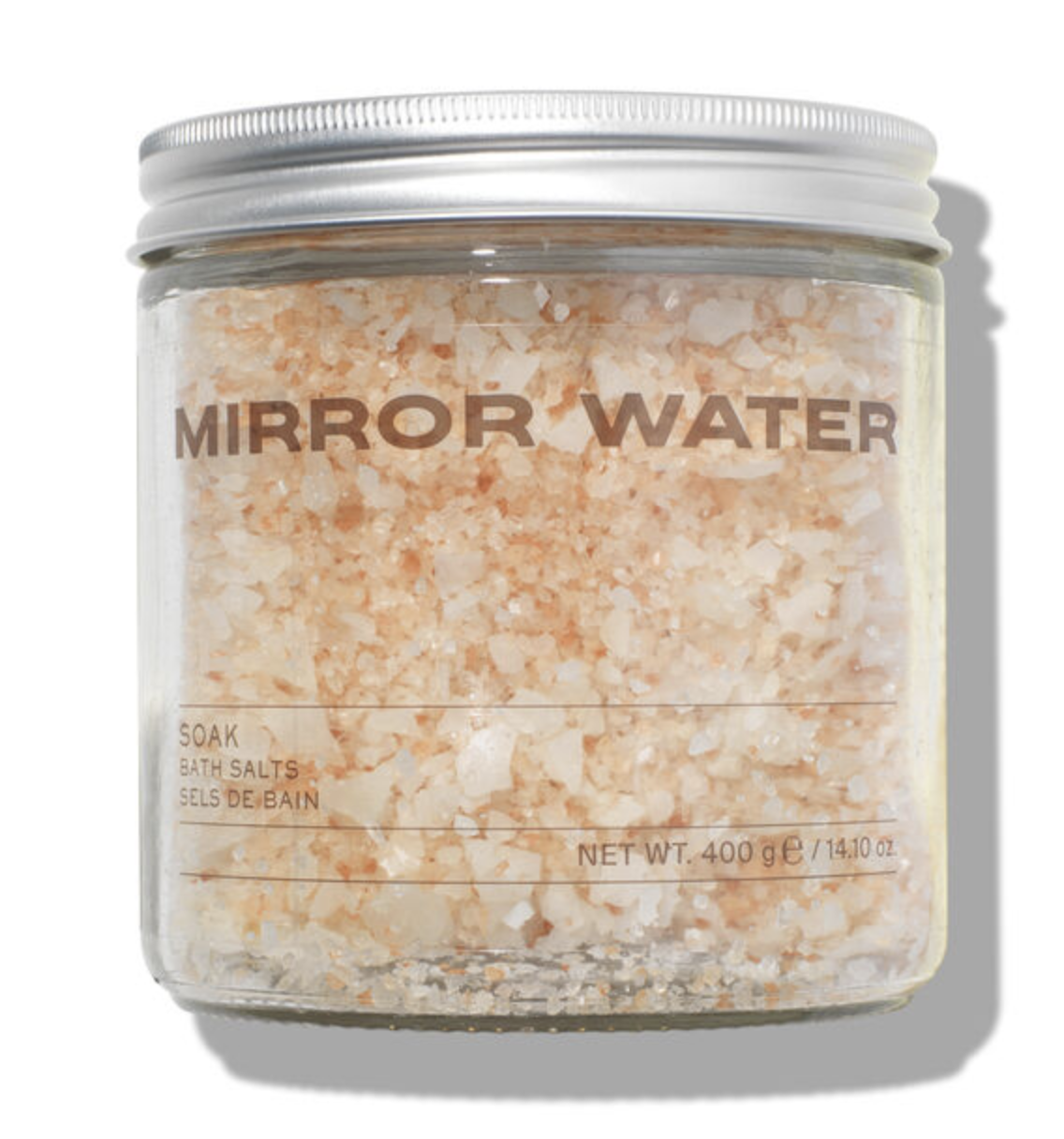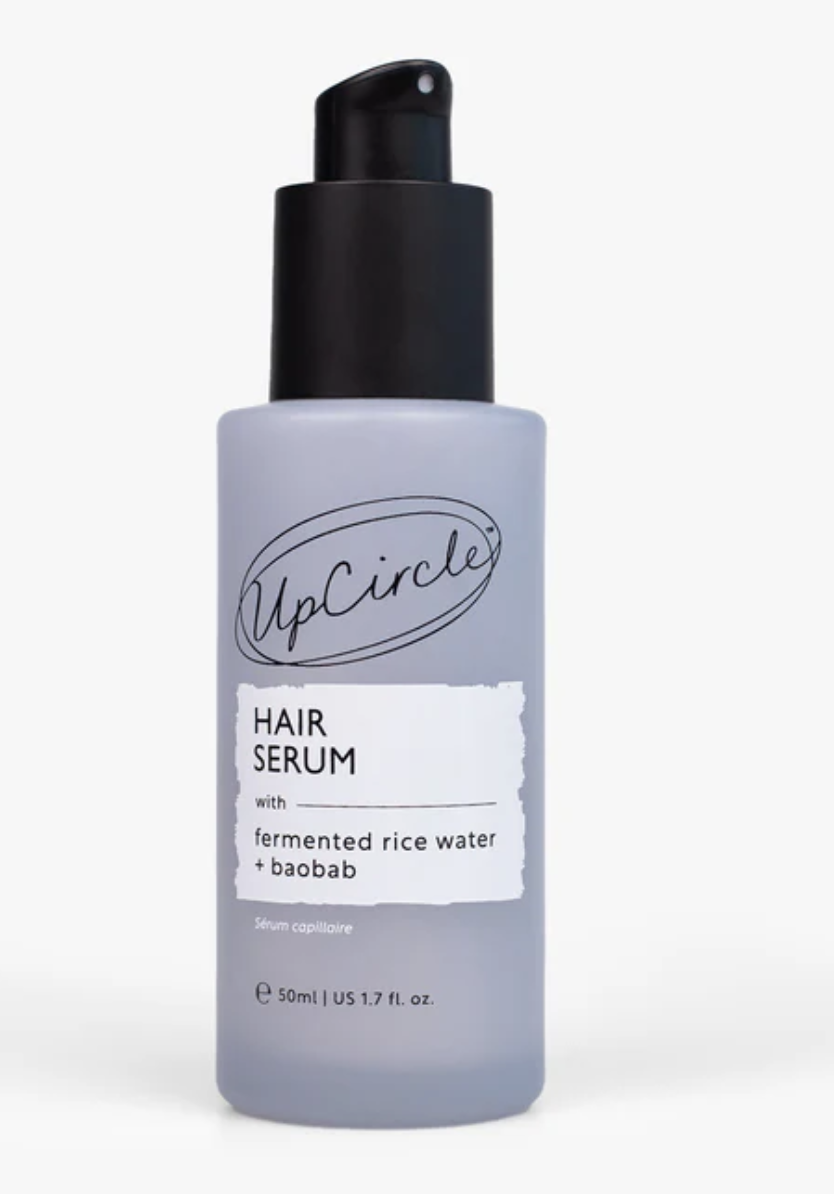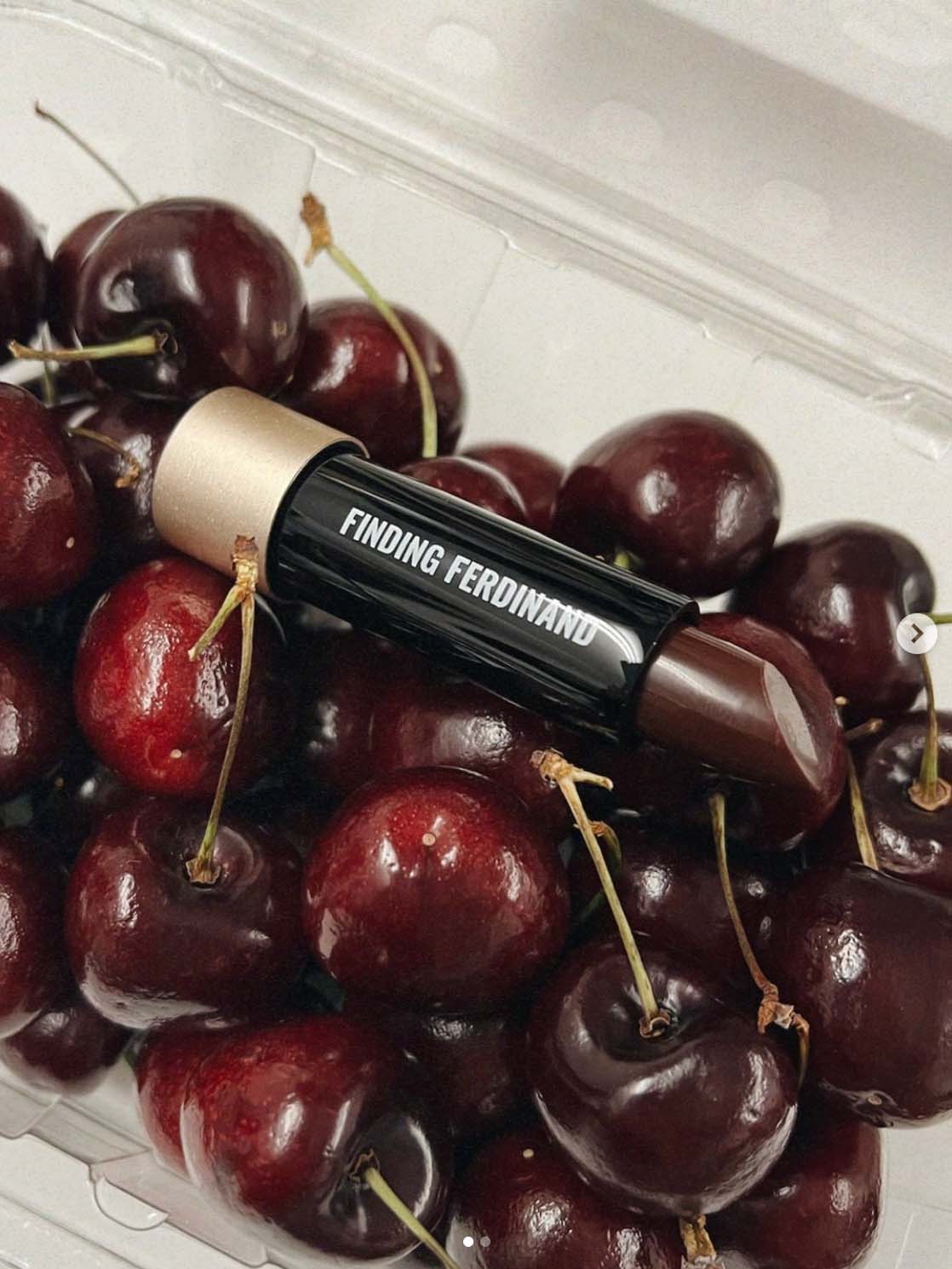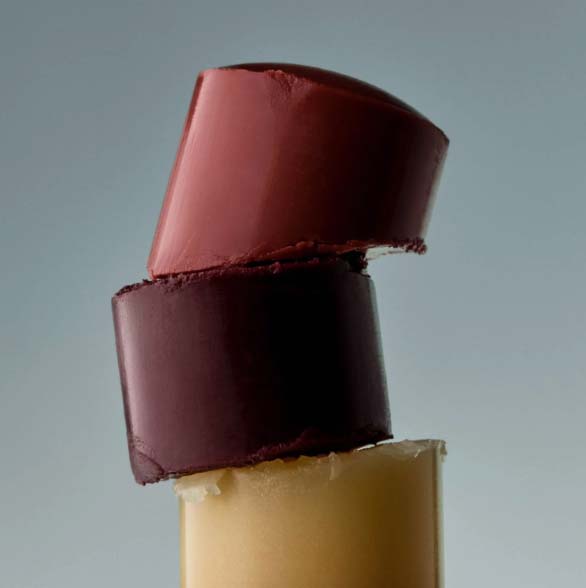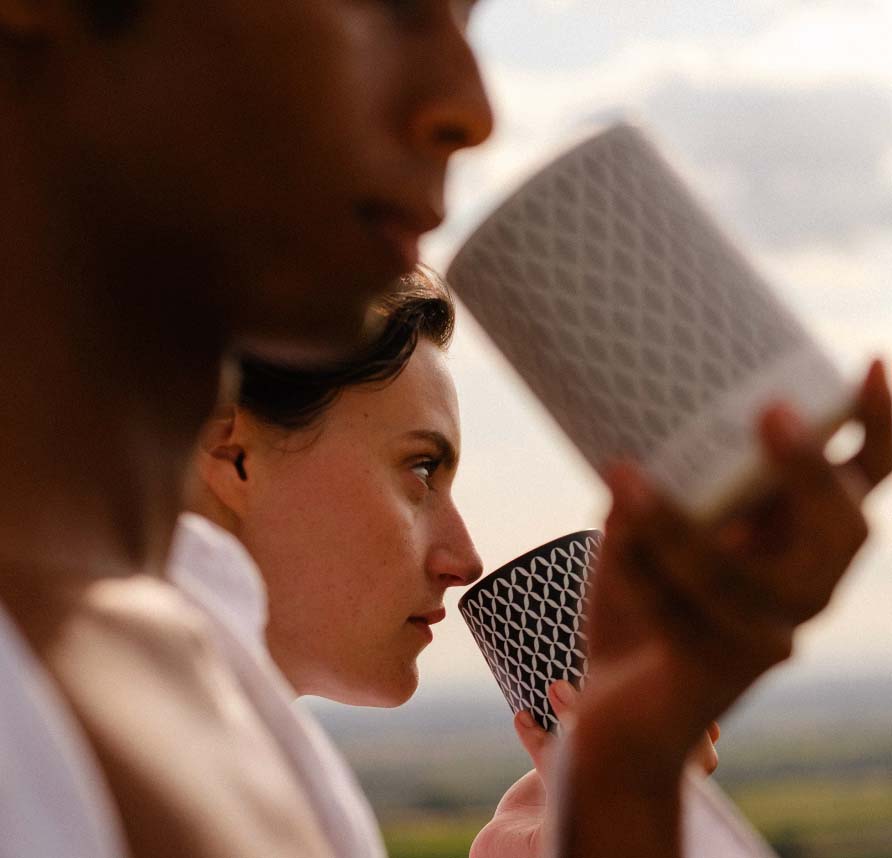
Beyond The Follicle: The Psychosomatic Connection In Trichology
LC to add
Earlier this year, I found myself addressing a sea of more than 300 trichologists, doctors, and aesthetic experts at the ITSe Congress in Porto, Portugal. Invited by the Brazilian Academy of Trichology, where I’m also a lecturer, I shared insights from my latest research on the intricate relationship between hair, health, and emotion. The deeper into my research I delved, the more I realised that hair is systematic — every strand is influenced by our biology, our environment, and the silent undercurrents of our emotional lives.
This piece is a continuation of that conversation on stage, understanding that our hair is a living reflection of how we move through life and understanding that true beauty, like true wellness, begins in connection.
In trichology, we stand at the meeting point of science and symbolism. Hair can be understood as an expression of both the body and the soul. A silent manifestation of inner states and emotions. To study it is to listen to what the body whispers before it begins to shout.
Hair is more than a strand of keratin; it is a living archive, a biological storyteller that weaves together emotion, identity, and history. From Medusa’s serpentine locks in Greek mythology to the royal wigs of ancient Egypt, to Samson’s divine strength and Rapunzel’s fabled purity, hair has long been a symbol of power, spirituality, and transformation.
Through beauty, purity and persecution, hair has remained a manifesto of humanity’s deepest archetypes. Today, science has given this symbolism a physiological voice: hair is now recognised as a marker of health, an emotional barometer, and a mirror of our inner world. When I tell my clients that “the hair is a silent scream of the body and soul,” I mean it quite literally. Stress, grief, or chronic anxiety can change the way our follicles behave.
When the body is under persistent stress, the hypothalamic–pituitary–adrenal axis (the HPA axis) goes into overdrive. Cortisol rises, inflammatory cytokines are released, and oxidative stress begins to alter the immune landscape of the scalp. This chain reaction can trigger or worsen conditions such as telogen effluvium (a form of nonscarring alopecia), alopecia areata, and androgenetic alopecia. In other words, the hair doesn’t just fall — it tells a story. The story of your body and health.
I often have clients who sit in the chair in front of the mirror at the salon and say, “I don’t recognise myself anymore,” and it’s rarely just about their hair. It is about identity, vitality, and balance. Hair loss is never an isolated symptom — the hair is a systemic indicator within the body.
In my holistic practice, I see the scalp not as a surface to treat, but as an extension of the body’s internal dialogue. Every case of hair loss invites us to look deeper: hormones, nutrition, metabolism, stress, inflammation, and emotional wellbeing. All of these factors interconnect and influence follicular health. That is why my approach is multidisciplinary. Trichology alone cannot stand apart from endocrinology, nutrition, or psychology. When we restore internal balance, the scalp environment follows.
So, while therapies such as scalp therapy, aromatherapy, light therapy, and micronutrient support are all great tools to improve scalp health, the foundation is listening, educating, and reconnecting with your own physiology. Healing begins when we understand that the hair does not live in isolation — it grows in response to the entire body, mind, and environment.
In the quiet strands, we see the loudest truths: that wellness is not surface, and beauty is not decoration. Hair reflects what we nourish, what we suppress, and what we carry. To heal it is to restore dialogue between body and being, because in the end, the most profound luxury is balance — when science, self, and soul exist in harmony.

.webp)


